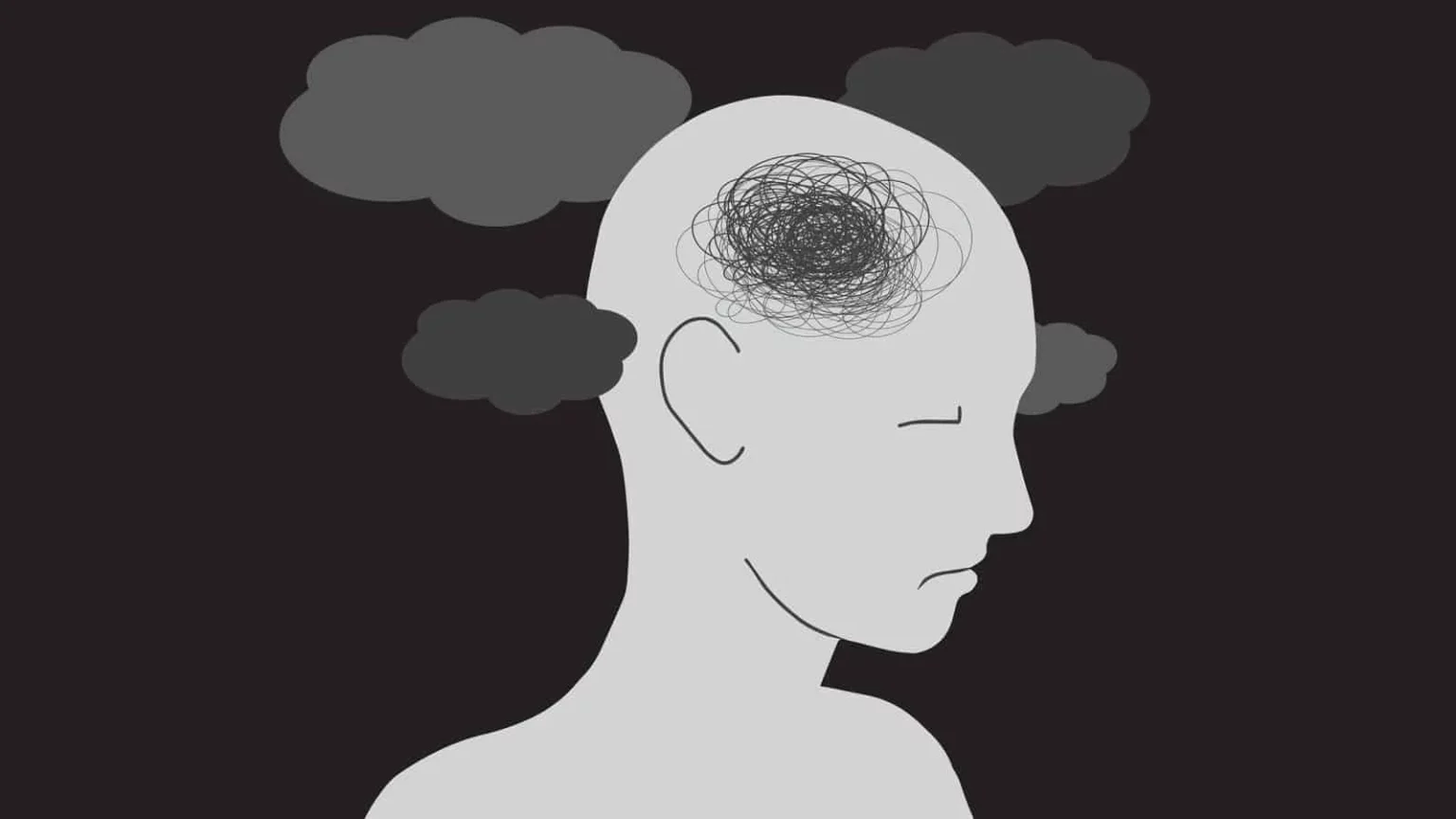Overthinking is a common problem that affects many people. It is the process of constantly dwelling on thoughts and analyzing situations in a way that becomes detrimental to one’s mental health. When overthinking, it’s easy to get lost in your thoughts and feel overwhelmed by negative emotions such as stress, anxiety, and depression. However, with the right tools and techniques, it’s possible to break the cycle of overthinking and regain control of your thoughts and emotions.
Here are some strategies that can help you stop overthinking:
- Identify the triggers: The first step in stopping overthinking is to identify what triggers it. Ask yourself what situations or events tend to set off your overthinking. Once you know what triggers it, you can take steps to avoid or manage those situations.
- Challenge your thoughts: Overthinking often involves negative and distorted thinking patterns. It’s important to challenge these thoughts and replace them with more positive and realistic ones. Ask yourself if there is any evidence to support your thoughts and try to come up with alternative explanations.
- Practice mindfulness: Mindfulness is the practice of being present in the moment and focusing on your thoughts and feelings without judgment. It can help you become more aware of your thoughts and feelings and reduce the power of negative thinking patterns.
- Set aside time for reflection: While it’s important to avoid excessive thinking, reflection can be a helpful tool for processing emotions and solving problems. Set aside a specific time each day to reflect on your thoughts and feelings, and write them down in a journal.
- Engage in relaxation techniques: Relaxation techniques such as meditation, deep breathing, and yoga can help reduce stress and anxiety and calm the mind. Find a technique that works for you and practice it regularly.
- Stay active: Physical activity can help reduce stress and anxiety and improve mood. Find an activity you enjoy, such as walking, running, or swimming, and make it a regular part of your routine.
- Seek support: Talking to a trusted friend or family member, or seeking professional support from a therapist, can be a helpful way to manage overthinking. A therapist can provide tools and techniques to help you break the cycle of negative thinking patterns and develop healthy coping strategies.
Overthinking can be a challenging habit to break, but it is possible with the right strategies and tools. By identifying triggers, challenging negative thoughts, practicing mindfulness, setting aside time for reflection, engaging in relaxation techniques, staying active, and seeking support, you can regain control of your thoughts and emotions and live a happier, more peaceful life. Remember that overcoming overthinking is a journey, and it takes time and effort, but the results are well worth it.




